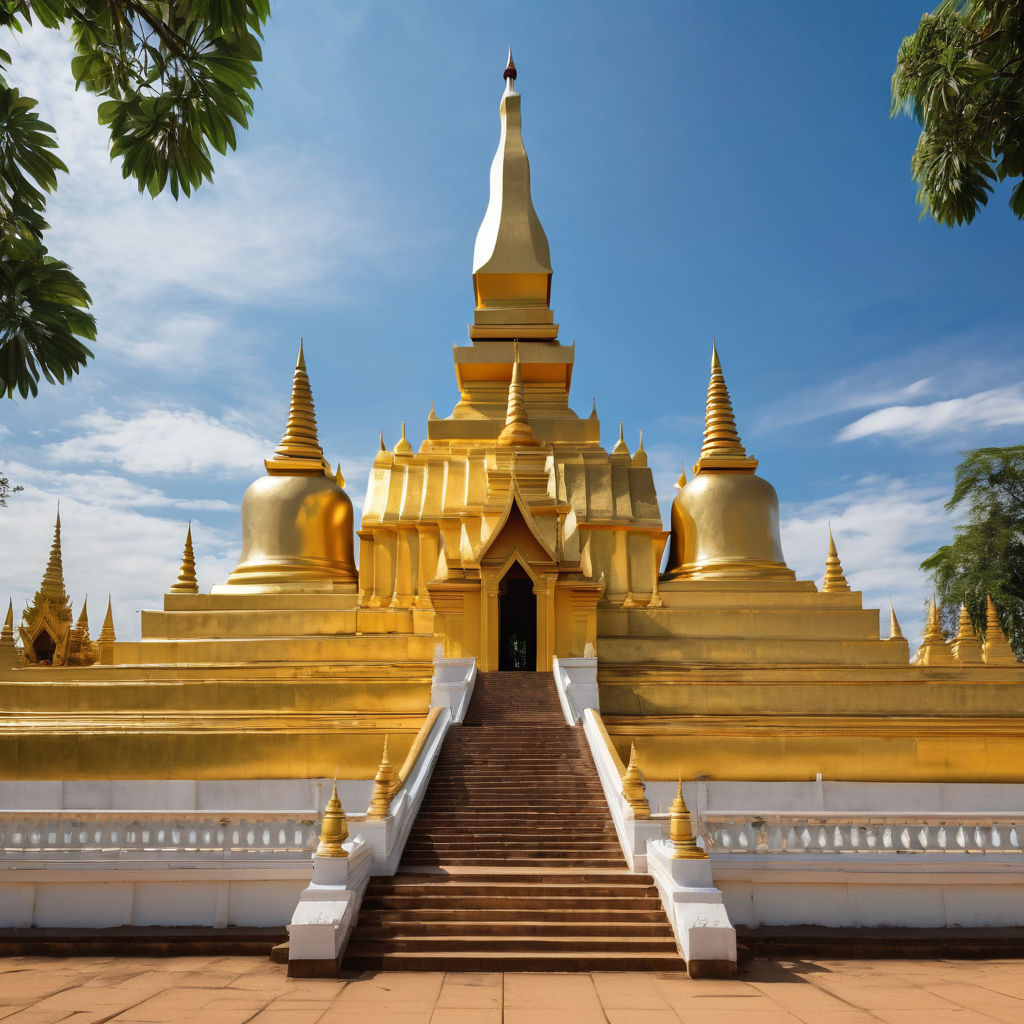Introduction to Laos: Culture, Heritage, and Cross-cultural Engagement
Discover the Rich Cultural Heritage and Cross-cultural Connections of Laos

Introduction to Laos
Laos, officially known as the Lao People's Democratic Republic, is a landlocked country in Southeast Asia bordered by Myanmar and China to the northwest, Vietnam to the east, Cambodia to the southeast, and Thailand to the west. Its capital and largest city, Vientiane, sits along the Mekong River and serves as the political, economic, and cultural hub of the country. Other major cities include Luang Prabang, Savannakhet, and Pakse. Laos boasts a rich cultural heritage deeply rooted in Theravada Buddhism, which influences many aspects of daily life, from architecture and art to festivals and family traditions. The country is known for its stunning landscapes, including mountainous terrain, dense forests, and the mighty Mekong River. Lao cuisine, featuring dishes like sticky rice, laap (minced meat salad), and tam mak hoong (spicy green papaya salad), reflects the country's agricultural abundance and culinary traditions.
Cross-national and Cross-cultural Understanding
Laotians generally perceive and engage with other cultures with openness and curiosity, a trait influenced by their history of trade and interaction with neighboring countries. The Laotian government and various non-governmental organizations (NGOs) actively promote cross-cultural understanding through cultural exchanges, educational programs, and international partnerships. Cultural exchanges play a vital role in fostering cross-cultural understanding in Laos. Festivals such as the Luang Prabang Film Festival and the Vientiane International Music Festival attract artists and audiences from around the world, promoting cultural exchange through film, music, and art. These events provide platforms for showcasing Laotian culture while also embracing international influences. Educational programs in Laos emphasize global awareness and cross-cultural understanding. Schools and universities incorporate multicultural perspectives into their curricula, encouraging students to appreciate and respect diversity. The National University of Laos collaborates with international institutions to facilitate student and faculty exchanges, enriching the educational experience and fostering global connections.
Interactions and Social Dynamics
Typical interactions between Laotians and foreigners are characterized by warmth, hospitality, and a laid-back attitude. Social behaviors in Laos reflect a blend of traditional customs and contemporary influences, emphasizing respect for others, politeness, and communal living. Communication styles in Laos are generally informal and gentle. Lao is the official language, but many people, especially in urban areas and tourist destinations, speak English and other regional languages such as Thai and Vietnamese. This multilingualism facilitates interactions with tourists and expatriates, making it easier for them to integrate into the local community. Cultural norms in Laos place a strong emphasis on respect for elders, family values, and community involvement. These norms create a welcoming and inclusive atmosphere for foreigners, who often find it easy to adapt to the local way of life. Public displays of affection are generally modest, reflecting the country’s traditional values, but social gatherings and communal activities are vibrant and inclusive.
Views on Dating and Relationships
Attitudes towards dating and relationships with foreigners in Laos are generally open and accepting, though influenced by cultural and traditional norms. Laotians recognize the opportunities for cultural exchange and personal growth that such relationships can bring. However, traditional customs and values play a significant role in shaping these views. Family involvement is significant in relationships in Laos, with elders often playing a crucial role in the approval process. Traditional customs emphasize respect, patience, and the gradual building of trust in relationships. While modern dating practices influenced by global trends are becoming more common among younger generations, traditional values still hold sway in many communities.
Marriage and Family
Marrying a foreigner in Laos involves navigating both legal and social considerations. Legally, the country has clear regulations governing marriage, including residency requirements and the need for proper documentation. Socially, cross-cultural marriages are generally accepted, though couples may face challenges related to cultural differences and integration. Familial acceptance is a key factor in cross-cultural marriages. Laotian families can be protective, and gaining their approval is often essential for the relationship's success. However, the diverse cultural landscape of Laos means that many families are already familiar with and accepting of different cultural backgrounds, which can facilitate smoother integration for foreign spouses. Trends in cross-cultural marriages reflect Laos’s open and inclusive society. Many Laotians who travel abroad for education or work form relationships with individuals from various cultures, bringing back diverse customs and traditions that enrich the local community.